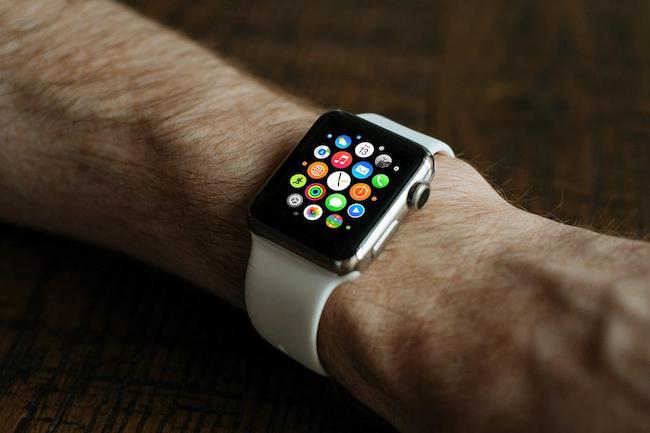Digital Identity – What’s Your Trust Score? By Sikh for Truth for Activist Post
“Trust Scores” or reputational scores are aspects of having a digital identity that haven’t been discussed much. By default, everyone who accepts a digital identity, whether decentralised or not, will receive a Trust Score.
With the introduction of trusted digital identities, social credit systems are reaching the West.

The tagline of many digital identity advertisements is “At the heart of all digital identity is trust.” But what does that even mean?
One current definition of trust is that it is “a confident relationship with the unknown.”

According to Mastercard:
Digital identity solutions are being rolled out under the title “Trusted Digital Identity”, which enables people, businesses, and governments to have confidence in digital interactions.
At both ends of the interaction, digital identity is about establishing confidence and trust. Both parties must be confident that the other party is who they claim to be. Both require trust in the system that mediates the interaction.
Trust has gone digital! Identity and reputation will be digitised and analysed in minute detail, shaping a future where a personal ‘trust score’ will be the norm.#onlinetrust #sharingeconomy #p2p #futuretrend #innovationhttps://t.co/4LzmGQvjmQ pic.twitter.com/BIRIMj83lx
— deemly (@deemly) November 23, 2017
When a new customer registers for a digital identity (officially called onboarding) such as the one above with mobile identity provider Prove, they enter their mobile number.
Using mobile networks, Prove’s mobile authentication checks if the activity is coming from the expected device using the mobile number.




